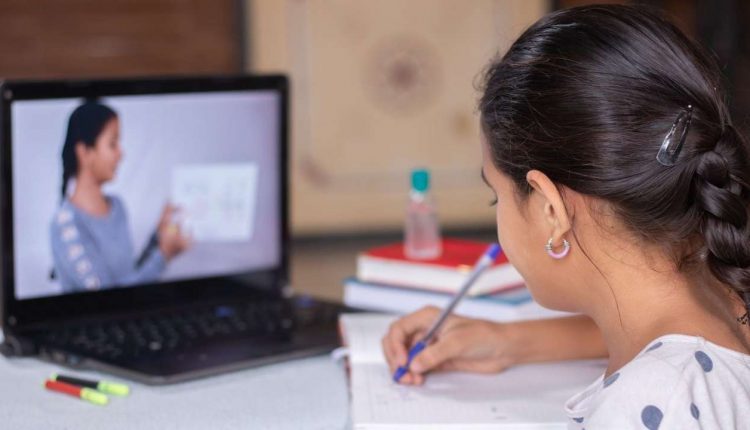Online Learning: Students Feel Low, Unable To Focus On Textbooks, Says Report
* Changes in dietary habits, sleep, weight loss and abnormal usage of electronic gadgets
Dr Nimesh Desai, Director of the Institute of Human Behaviour and Allied Sciences (IHBAS) was quoted as saying in educationtimes.com, “Students are missing the company and outlet for physical energy and socialising has been limited. Class differential has happened as less-resourced students were left out due to no access to digital learning.”
Dr Jitendra Nagpal, head of the department of mental health and life skills promotion, Moolchand Medicity was quoted as saying, “A sense of isolation and uncertainty are acting as a major stress factors for children. Due to online learning, students are missing out on interaction with their peers, which is crucial for human development. Some students have even reported experiencing insomnia and bed wetting.” Nagpal further said that he had come across 17-19 adolescents in the last four to five months who were facing the problem in focusing on textbooks due to constant screen exposure.
Dr Sameer Parekh, director, national mental health programe, Fortis Healthcare told educationtimes.com, “The emotional letdown of children and parents caused due to the pandemic would be rectified only with affirmative thoughts. The adverse mental impact on children depends upon the home atmosphere. Parents should also address the stress levels of children.” Stimulation of students academically, socially, physically was also equally important, Parekh added.
Deepak Gupta, child and adolescent psychiatrist at Sir Ganga Ram Hospital was quoted as saying, “10-30 % of children have anxiety issues as they are forced to stay at home. Some of the students whom I deal with have lost interest in the studies due to the induced lockdown. A sense of monotony is enveloping students as they are not able to interact with their peers. Connectivity is being lost through online learning and it has become akin to robotic learning.” Gupta further stated that due to online learning students are adopting a non-serious attitude towards studies thinking that they would receive passing marks for sure. Parents who have maintained a suitable communication channel with their children have faced no problem, Gupta adds.
“Online education has cut off children with all the social and worldly connections. Students need interaction with peers and constant learning in the classroom. These virtual walls have put a set back to the social and cultural lives,” Bhawana Malik, principal of Lovely Public Senior Secondary School, Delhi was quoted as saying in the report.
ALSO READ : FTII Students’ Association Demands Suspension Of Online Classes Amid COVID-19


Comments are closed.